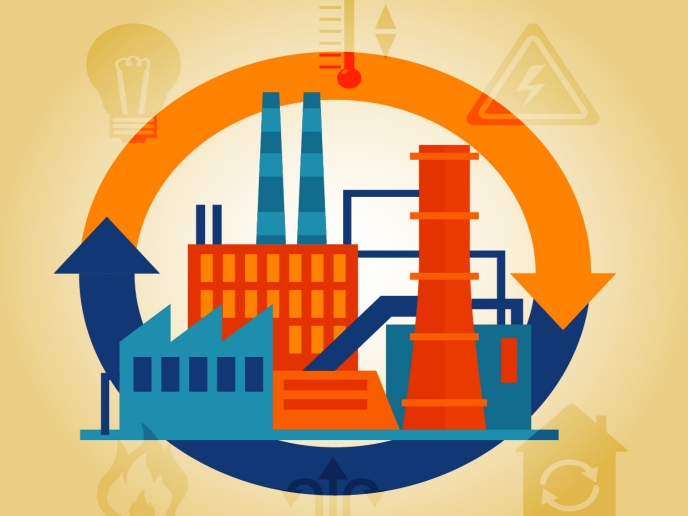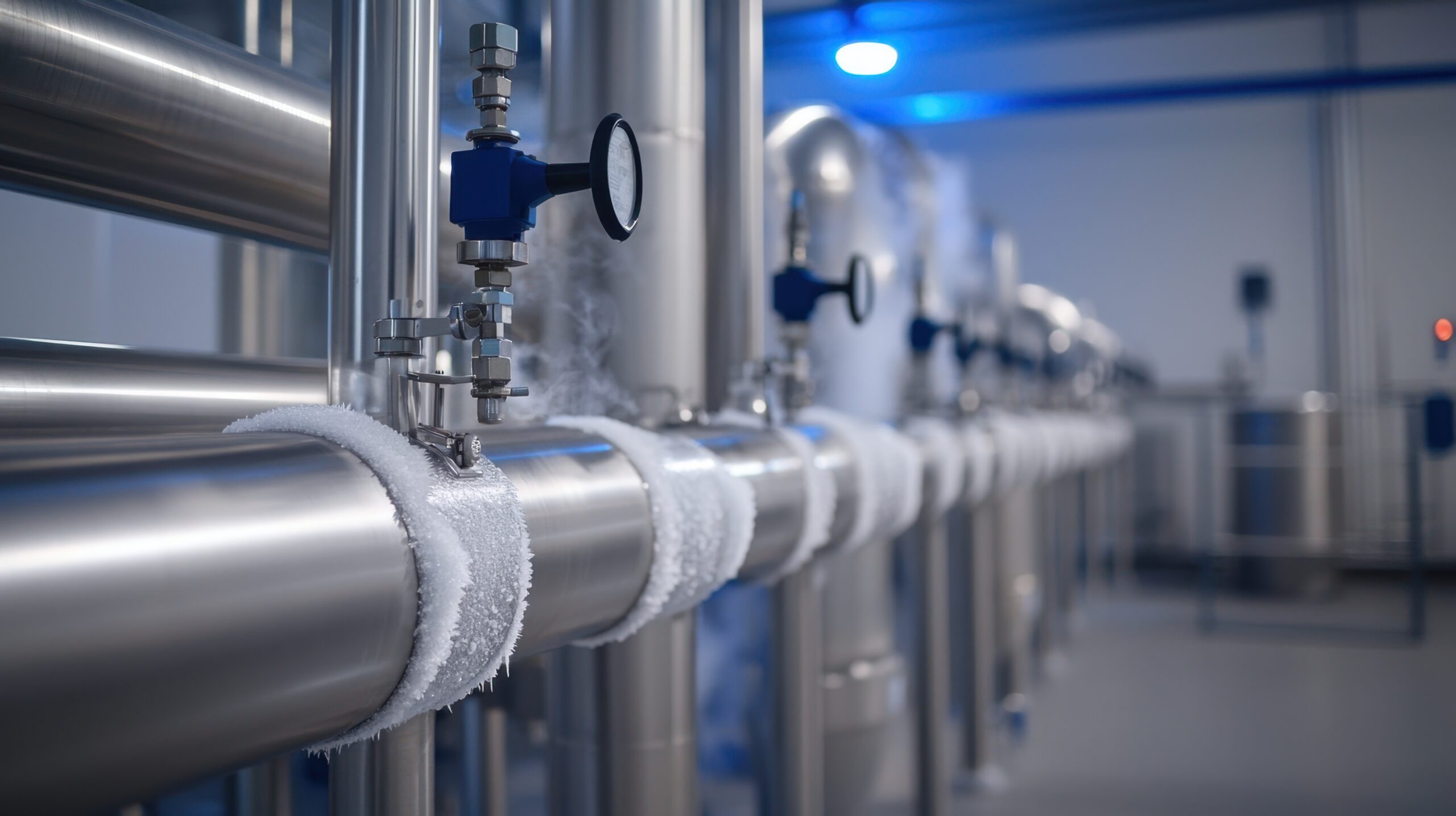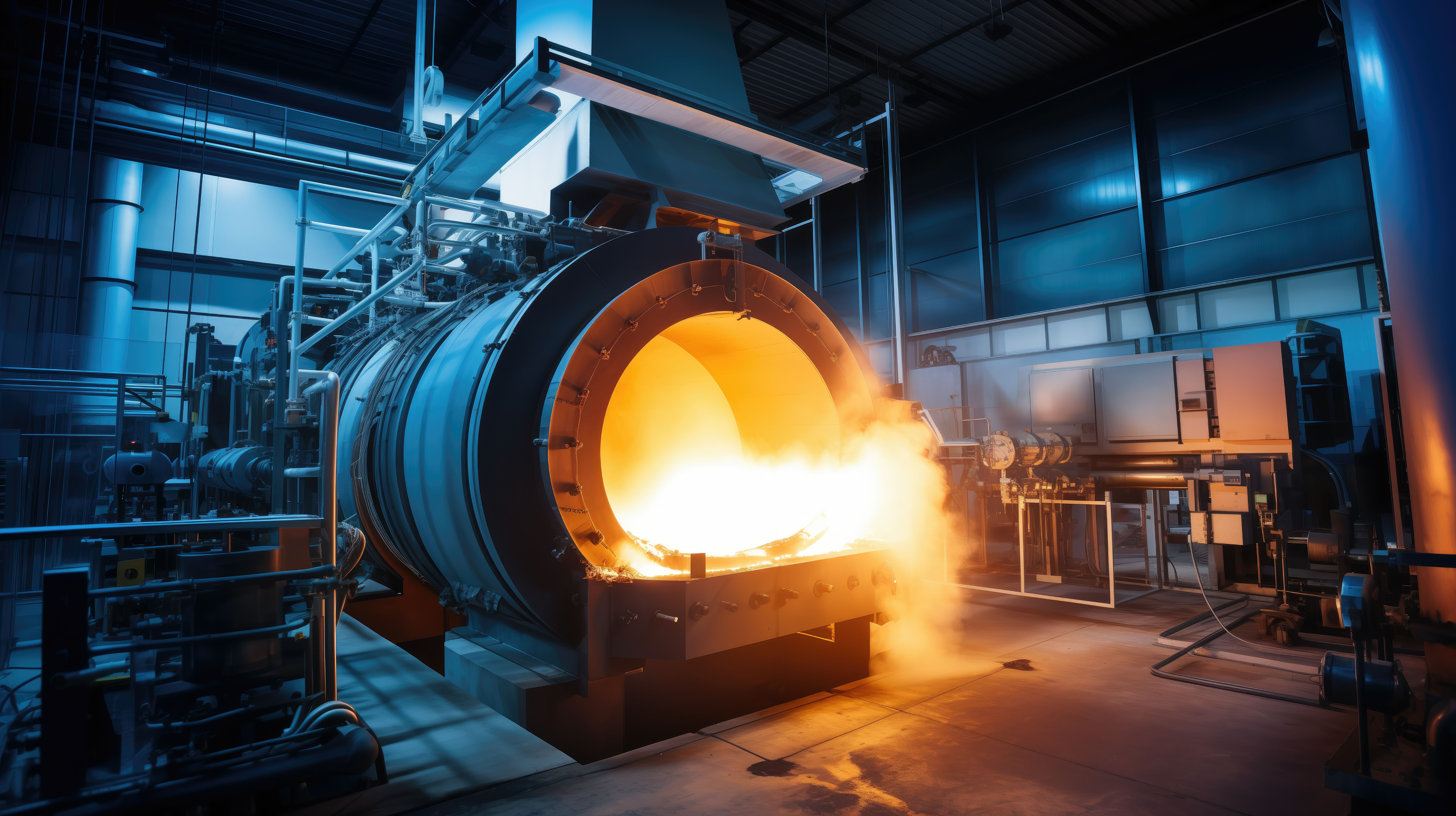
REHEAT Project
Efficient conversion of industrial waste heat into high-temperature heat using reactive working fluid heat pumps

Project coordinated by the CNRS
Duration of 4,5 years
3 millions euros of budget
Thesis
Scientific objectives
The aim of the REHEAT project is to contribute to the decarbonisation of industry through the development of a new vapour compression heat pump, enabling the recovery of available industrial waste heat and its efficient conversion into heat at a temperature suitable for industrial processes, i.e. up to 200°C. The novelty of the proposed heat pump lies in the fact that it will operate with working fluids that undergo a reversible reaction along the thermodynamic transformations occurring in each of its unit operations. Indeed, as these reactions are extremely rapid in both directions, they evolve according to chemical equilibrium. More specifically, the REHEAT project team proposes to study two fluids, namely formic acid and acetic acid. These carboxylic acids are capable of dimerising or, conversely, monomerising in their vapour and liquid phases through the formation or breaking of hydrogen bonds.
The expected improvements introduced by the developed technology, which will need to be validated as part of the REHEAT project, concern:
the possibility of reaching higher temperatures (150 to 200 °C) compared to the most advanced high-temperature heat pumps currently available efficiency, which is estimated at 70% — compared to 40 to 50% currently — of Carnot efficiency.
A modelling and experimental approach organised around four areas
REHEAT aims to demonstrate these potentials by proposing a modelling and experimental approach organised around the following four main areas:
1) Theoretical study of the efficiency and operating conditions of different high-temperature heat pump applications for waste heat recovery, operating with carboxylic acids as reactive working fluids, and comparison with typical operation with inert fluids.
2) Measurement and modelling of phase equilibrium, volumetric and calorimetric properties of carboxylic acids and their mixture with carbon dioxide and water impurities.
3) Experimental study of the compatibility of carboxylic acids with materials potentially used in high-temperature heat pumps, considering different levels of commercial purity of formic and acetic acids.
4) Design, construction and testing of a TRL4-HP prototype operating between 80°C and 150°C to validate the performance and operation of the developed technology.
The consortium

Some of the tools required for REHEAT, such as the programme for calculating thermodynamic properties, are being developed in a related project funded by the ERC, the REACHER project. The consortium currently consists of CNRS-LRGP (the coordinator) and five partners: Mines Paris PSL-CEEP, responsible for phase equilibrium measurements of formic and acetic acids and their mixture with CO2; UCA-ICCF, responsible for calorimetric measurements of formic and acetic acids and their mixture with CO2; UL-IJL, responsible for analysing the compatibility of heat pump materials – corrosion behaviour with carboxylic acids; UL-LIEC, responsible for Raman spectroscopy analysis carried out as part of the project; UGE-MCD, responsible for spectroscopic developments and instrumentation. The coordinator is responsible for theoretical thermodynamic studies of heat pumps, design, implementation and testing of the prototype, and will participate in the modelling of experimental thermodynamic data obtained by CEEP and in the implementation and testing of the pilot by ICCF.


